
|
|
# 2019 Weaving Electronic Waste |
|
It is estimated that in the first half of 2019, 37,000 tonnes of e-waste was imported into Thailand. More still is believed to have been brought in illegally, and the processing of this waste has become unmanageable and unregulated. One particularly harmful practice is the burning of insulated wires, whereby the plastic casing is burnt away from the copper in order for the latter to be recycled. This process releases carcinogens and toxins into the air and ground, posing a threat to locals and wildlife. Weaving Electronic Waste uses traditional crafts to propose alternative uses for e-waste streams in Thailand, using the two elements of insulated wire to create a comfortable and fully recycled seat.
# Cities and Communities# Sustainability# Recycling# Safe recycling# E-waste minimization
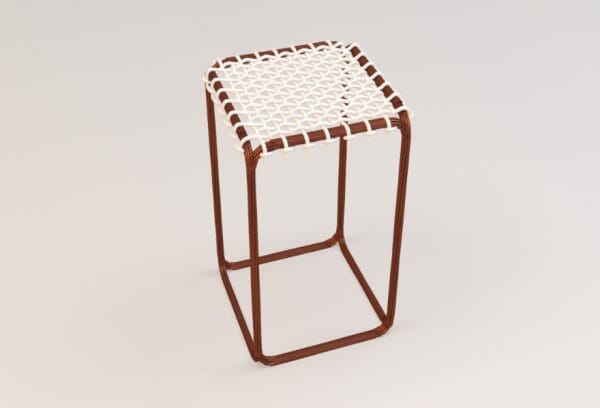
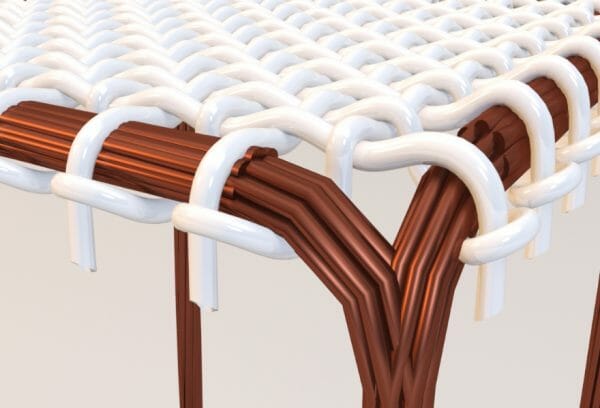
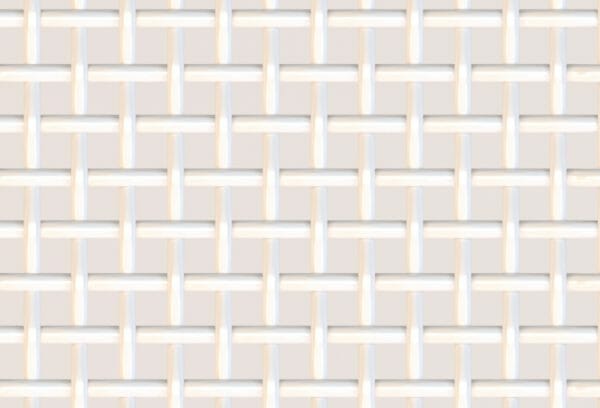
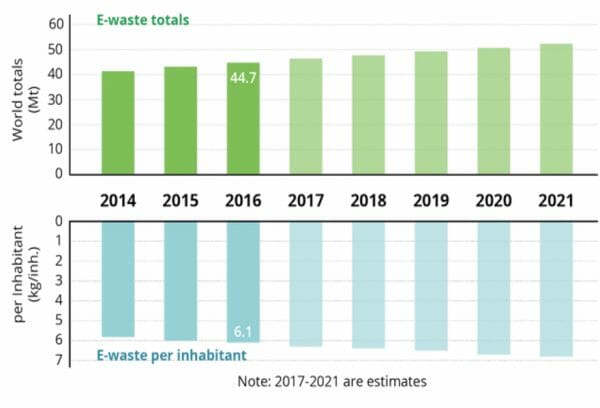
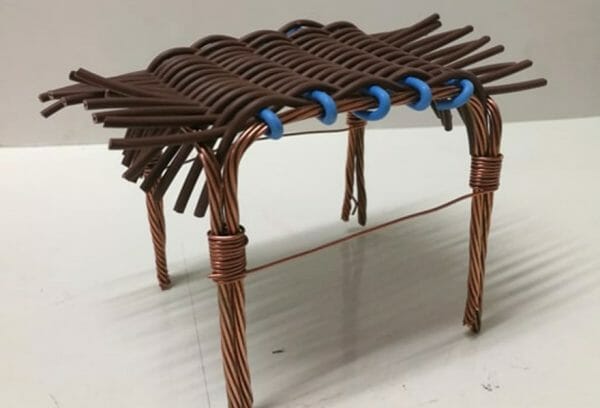
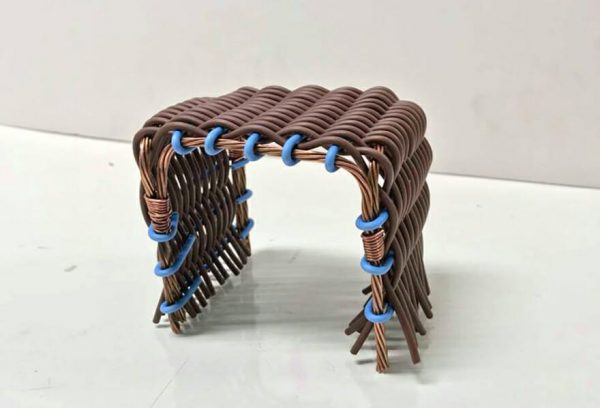
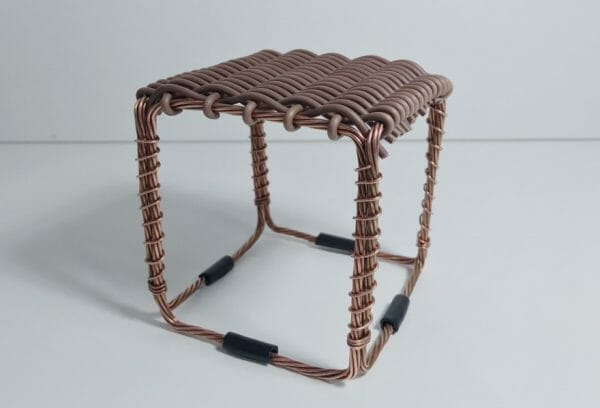
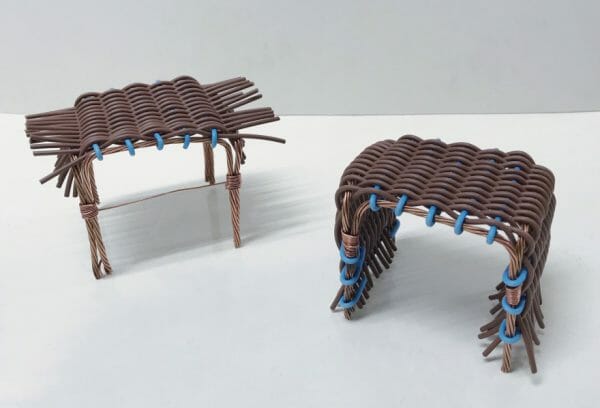

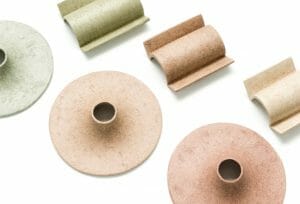
A restructured plantation for diversity and resilience

A low-energy alternative to air conditioners
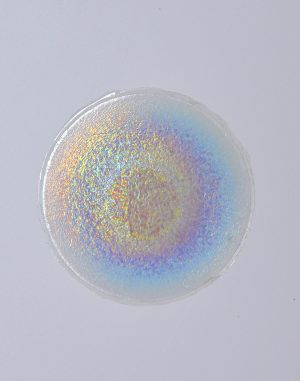
A sustainable sequin for the fashion industry
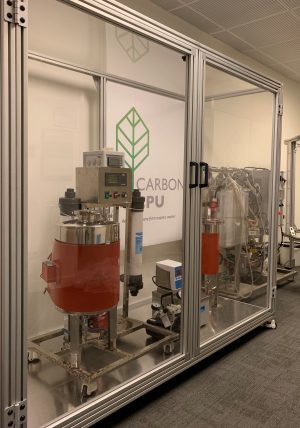
King Abdullah University of Science and Technology (KAUST)
A lab to turn food waste into revenue